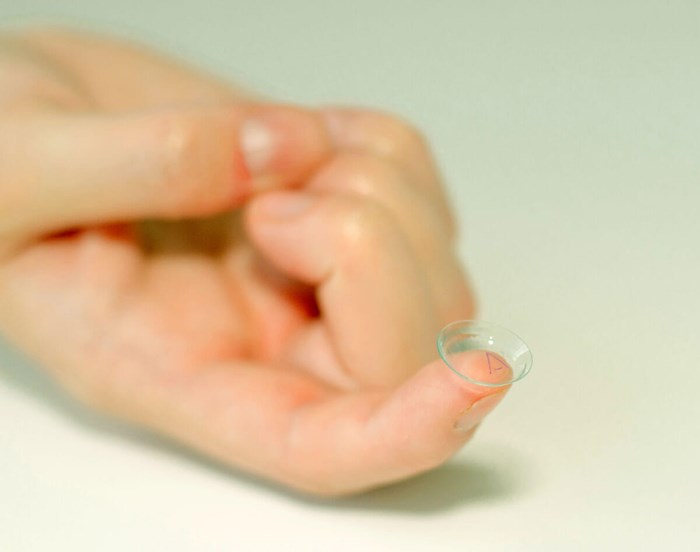There are currently 600,000 people on the NHS waiting list for ophthalmology treatment, and over 5,000,000 people in the UK currently live with dry eye disease. Here, Andy Hill, CEO at NuVision Biotherapies Ltd, discusses a recent update to clinical guidelines and what this means for optometrists, patients and taxpayers.
In November 2023, the Association of Optometrists (AOP) updated clinical guidelines to include the application of amniotic membranes in dry eye disease1. This opens access to the application of amniotic membranes in an outpatient setting to optometrists. At NuVision we’ve developed OmniLenz®, a specialised bandage contact lens that enables our amniotic membrane, Omnigen® to be loaded onto the ocular surface in a four to six minute procedure without the need for surgery.
Commenting on the updates to the guidelines, Dr Ian Beasley, Head of Education at the AOP, said: “We are pleased to provide guidance on the use of amniotic membranes for managing dry eye disease in an outpatient setting. The guidance acknowledges that following suitable training, the use of amniotic membranes in conjunction with a specific type of bandage contact lens falls within the scope of practice for optometrists.”
The expansion into a primary care setting has two key challenges. The first is managing the rollout of training and the second is ensuring we can ramp up manufacturing to meet demand. Training requires a didactic and a hands-on component and we’re working hard to ensure that the programme is rolled out effectively.

The impact
The insurance cover now in place means that optometrists trained in the use of our products have a new therapeutic option to help their patients living with dry eye disease. The treatment integrates easily into existing clinical practice and can be delivered profitably as part of a dry eye service.
In the longer-term, the availability of an amniotic membrane-based treatment for dry eye in primary care will take the pressure off scarce NHS resources, allowing secondary based care to reduce the current ophthalmology waiting list by focusing on patients who can only be treated in a hospital setting.
What does the industry think?
We spoke to industry representatives to discover what they think of the clinical guidelines update and retail expansion.
Sarah Farrant, Director at Earlam and Christopher Optometrists, dry eye specialist, and TFOS ambassador, commented: “We’ve run a specialist dry eye clinic as part of our business for the last 13 years, treating people across the UK with a wide range of treatments. NuVision’s products will be a strong addition to our offering and provide us with another solution for severe dry eye that saves us having to refer our patients to hospital for surgery. From all the clinical studies, this looks to be a successful treatment that’s easy to apply and will make treatment more appealing to clinicians and patients alike.”
Dr Keyur Patel, Doctor of Optometry and Clinical Director at Tompkins Knight & Son Optometrists, added: “The ability to safely apply a product, such as OmniLenz®, in a consulting room with a design that allows the patient to retain an element of functional vision, means that this cutting edge clinical technology is increasingly accessible and practical. We will now be able to give secondary and tertiary level eyecare in a primary care setting, which is of huge benefit to our patients.”
For more information on the products that will soon be available to optometrists in an outpatient setting, please visit www.nu-vision.co.uk/
References
1. Amniotic membranes for dry eye disease in an outpatient setting (aop.org.uk)



